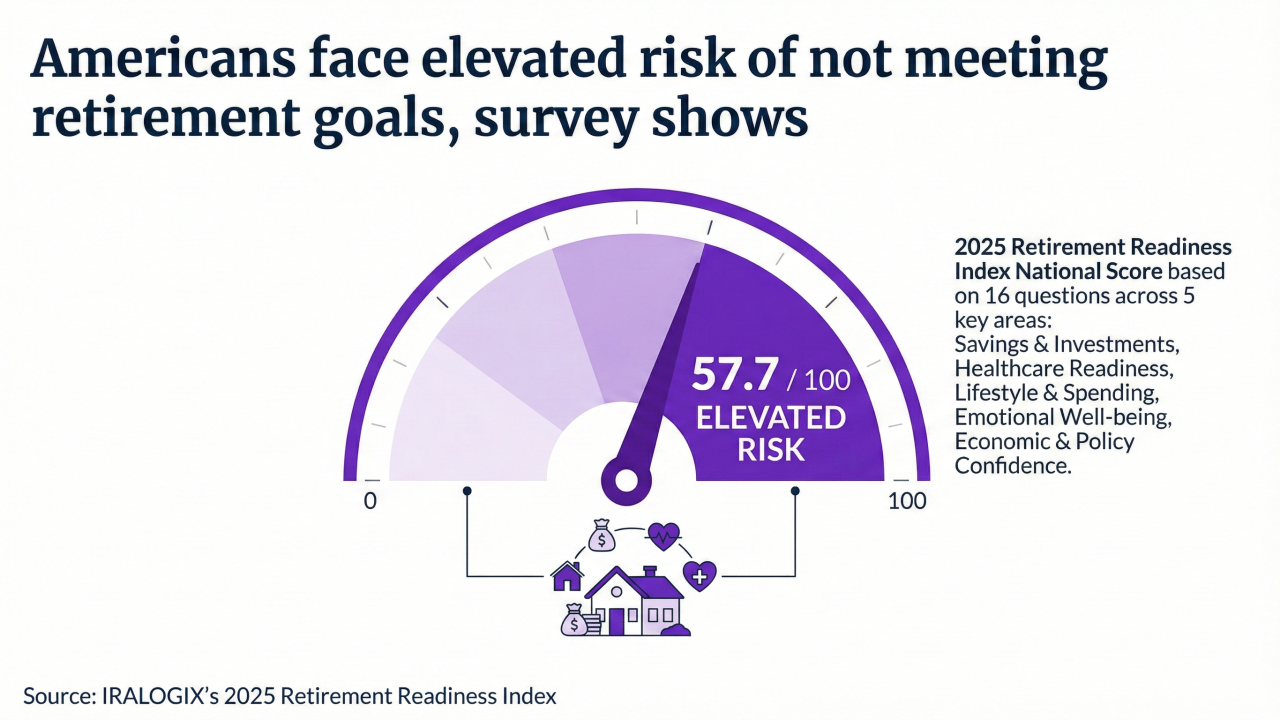Aquent, a marketing and creative staffing firm, has extended its sick pay benefits to all of the temporary talent it places with different employers in the U.S. and Canada in an effort to support staff in the wake of the coronavirus crisis.
The policy has already gone into effect and is available to the more than 10,000 employees Aquent employees annually.
“This is something we’ve wanted to do for a long time, but the pandemic really clarified the need to do this right away,” says John Chuang, CEO of Aquent. “Sick pay is mandated in 13 states but many other states are having problems enacting it.”
As pandemic continues to spread through the U.S. many of the nation’s gig workers are facing the healthcare and financial crisis without enough protection.
Aquent’s latest move follows similar corporate strategic moves in response to the coronavirus crisis. Instacart and Amazon employees organized walk-outs at the end of March, demanding free safety products, hazard pay on every order, as well as expanding sick pay to those with pre-existing conditions because they are at a higher risk for contracting COVID-19.
There are approximately 11,000 staffing firms in the United States today that collectively hire 16 million temporary and contract employees annually, according to the American Staffing Association. However, not all of these firms offer full comprehensive benefits, including health and dental insurance and 401(k) retirement plans to its temporary employees.
“The pandemic has shined a light on an unfair benefits practice for contractors,” Chuang says. “W-2 employees by private employers generally get paid time off and sick leave, and that will increase. The real need here is on the contractor side.”
Contingent workers, including contract workers, temporary workers, and vendors, play a significant role in the U.S. economy. In some companies, up to 50% of workers are contingent, even outnumbering full-time employees in some cases, according to Aquent. These workers hold a number of positions, from software engineers and consultants to security guards and cafeteria workers.
“Benefits inequality is a major injustice in our country that needs to be addressed,” Chuang says. “My hope is that our actions will serve as a catalyst for companies to treat their extended workforce the same as their full-time employees.”






